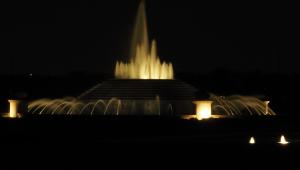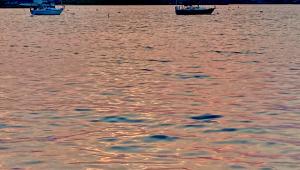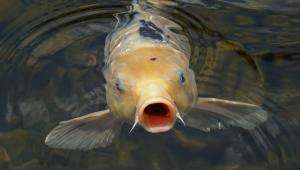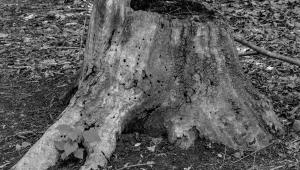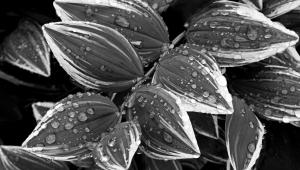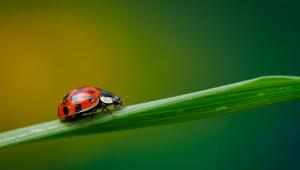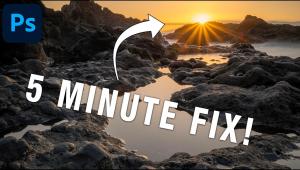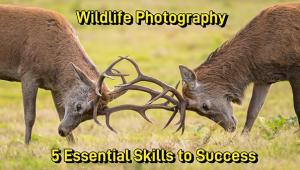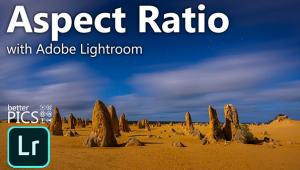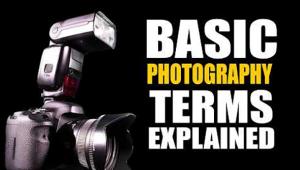- REVIEWS
Camera Reviews 
More Reviews 
Mobile Reviews Photography Reviews - NEWS
- FEATURES
- HOW-TO
- GALLERIES
- VIDEOS
- BUYER'S GUIDES
Please comment briefly on the megapixel horserace as you see it.
Please comment briefly on the megapixel horserace as you see it.
I don't see the need for such large file sizes.
65% (251 votes)
The more MP the better.
24% (93 votes)
I am not sure how many MP would be right for the work I want to do.
10% (40 votes)
Total votes: 384
| Camera Reviews Other Reviews | Mobile Reviews Photography Reviews Columns | News | Features | How-To | Resources |
 © 2025 Shutterbug
© 2025 ShutterbugAVTech Media Americas Inc., USA
All rights reserved






